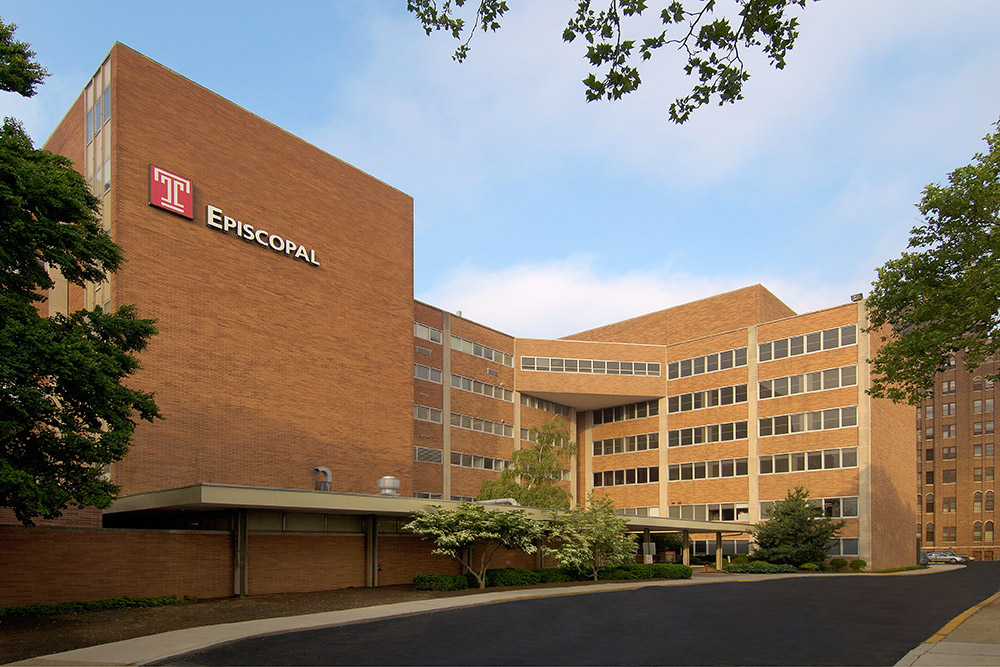Temple University Hospital – Episcopal Campus will be among the first participants in a new program that uses music therapy to support the resiliency and well-being of health care workers.
The statewide initiative—believed to be the first of its scale nationally supporting health care workers through music therapy— is made possible through an innovative partnership between The Hospital and Healthsystem Association of Pennsylvania (HAP) and Pennsylvania Council on the Arts (PCA).
Participating hospitals are empowered to custom design programs with a particular focus on supporting frontline workers who are responding to the COVID-19 pandemic. The initiative is facilitated by HAP and supported in part by PCA, a state agency funded by the Commonwealth of Pennsylvania.
“Temple’s entire team has been heroic throughout the COVID-19 pandemic, providing extraordinary life-saving care to our patients,” said John G. Robison, Executive Director of Temple University Hospital-Episcopal Campus. “We’re pleased to be selected to participate in this innovative program with HAP and PCA to provide supportive music therapy for employees at our Episcopal Campus.”
Campus. “We’re pleased to be selected to participate in this innovative program with HAP and PCA to provide supportive music therapy for employees at our Episcopal Campus.”
Temple University Hospital-Episcopal Campus will hold two music therapy series, one in February and another in April. Each series will enroll approximately 15 participants and will consist of four weekly sessions led by a Behavioral Health Supervisor and a team of three music therapists. Each session will feature a different style of music therapy, including active listening and interpretation, music making and music-led relaxation techniques.
Five hospitals and health systems have been selected to participate in the first of three planned phases of the program.
“We are excited to see the innovative programs that these hospitals have developed to support their frontline workers put into action,” said HAP President and CEO Andy Carter. “Health care workers throughout the commonwealth have selflessly and tirelessly cared for patients throughout the COVID-19 pandemic, often at the expense of their own physical and mental health. HAP is proud to facilitate this initiative to support their well-being and resiliency through the healing power of music.”
Music therapy is an evidence-based tool that has been shown to be effective in supporting health care workers experiencing compassion fatigue and burnout. It can also promote positive changes in mood, increase a sense of control, lower blood pressure, reduce heart rate, relax muscle tension, and build resiliency. In workplace settings, it has been found to help promote well-being and psychological health, manage occupational stress and health risks, and strengthen organizational welfare.
“It is extremely gratifying to see these services and therapies become available to frontline health care workers,” said PCA Executive Director Karl Blischke. “The qualitative and quantitative benefit of music therapy is an inspiring illustration of the creative sector’s ability to broadly deliver relevant and innovative solutions across the commonwealth.”
Hospitals interested in participating were invited to submit proposals for how they would use grant funding provided through the initiative to work with a board certified music therapist in delivering services to best fit the needs of their workforce. The PA Music Therapy Task Force, which is supporting HAP’s efforts, evaluated the proposals and recommended grant awardees.
